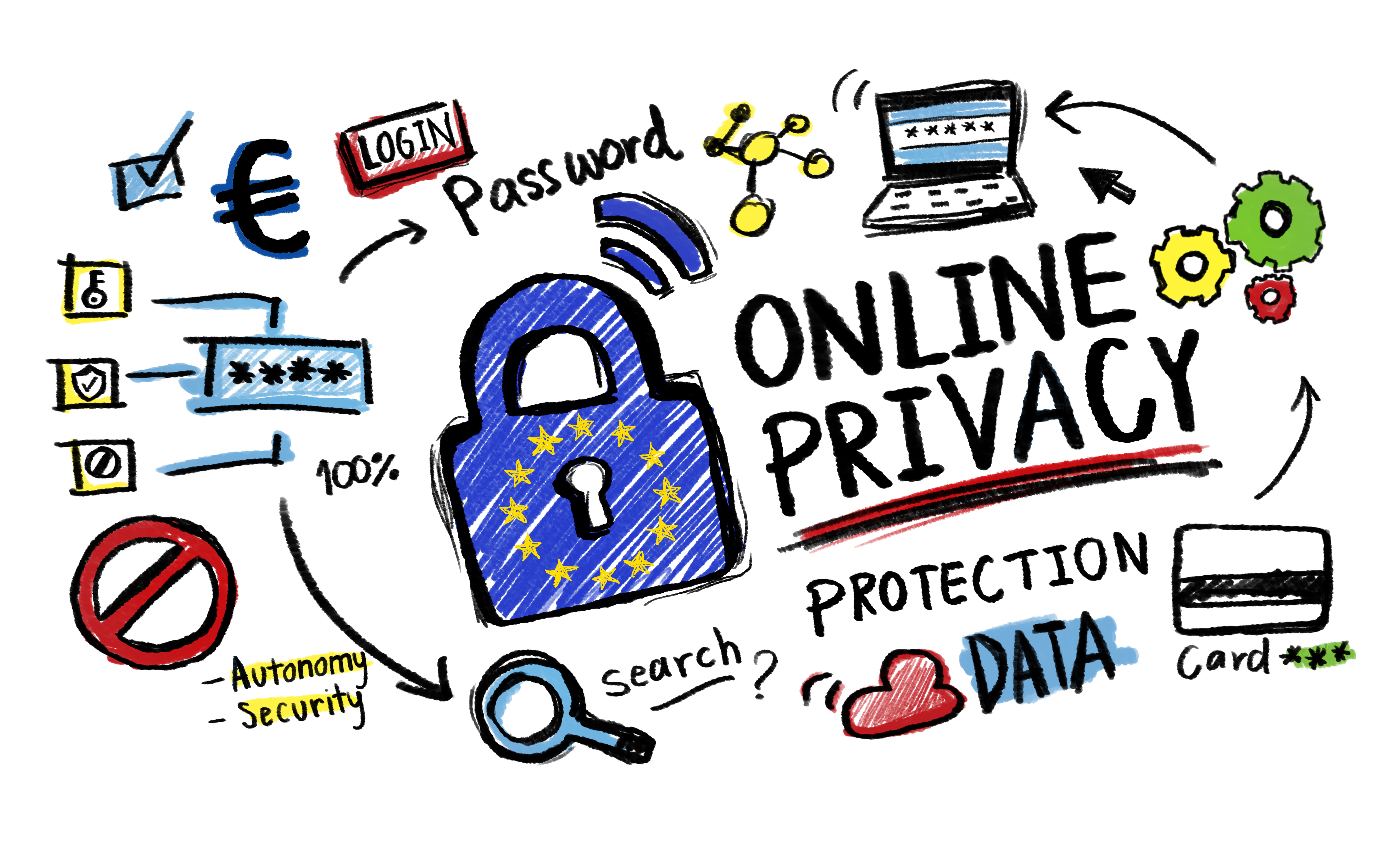Key Steps For Online Privacy

It’s becoming more and more commonplace for hackers and cyber attackers to crack the code on personal accounts online. Strange posts, links, images and text can all magically appear quite often without us being aware of it. An invasion of privacy can cause unspeakable amounts of problems if sensitive information is taken or leaked to public viewing.
Even in the business world employees are having to ask for the best VPN (bästa vpn in Swedish) to protect their online data. But even if you have the best VPN service (bästa vpn tjänsten) the hackers will still continue to do all they can to infiltrate your security barriers. Even the technologically gifted individuals face problems with online privacy.
Read: Steps to Change the Admin Password of Your Orbi WiFi System
But what can be done to minimize the potential of being hacked? Here are some key steps in how you can keep hackers out of your private accounts online.
Outsmart The Security Questions
Have you ever been asked to write replies to security questions to prove its you logging on? The answer is probably yes, especially if its for a bank or highly secured website. These questions are gateways for hackers to access private information as they can easily come by certain details like names and addresses. By being smart you can keep them guessing.
For instance, instead of writing down the town of your birth, give an answer which only you will know such as your happy place, the place your parents met or even your chosen retirement location. Just don’t forget that you’ve given different answers.
Get The Double
In the same sort of scenario, logging on to your computer or phone can cause problems on its own so go one step better with two step verification. Although not available on every website you come across, take the opportunity when you can. There’s always going to be a chance that the double system will get hacked just the same as any other security system, but at least there’s an extra barrier in place to prevent a quick hack.
Don’t Talk To Strangers
A classic but often fallen for technique for hacking is the use of strange links. Usually found on emails, website pages and pretty much anywhere else where there’s text on the Internet, these links can contain a multitude of different harmful viruses which can delete files, copy data or destroy your entire computer system altogether.
If you receive an email from a strange address or you get a link somewhere you wouldn ‘t normally see one, don’t click on it. It really is that fast to get hacked.
Also Read: What Points You Need To Be Aware About Dealing with Cancer During Pregnancy
These steps are just the tip of the iceberg when it comes to protecting ourself online. There are many different apps, programs and software out there which are designed to help you combat online hackers and other cyberattackers but always makesure you do your research first. Always trust a company you know with your safety and not a strange link on an odd solitude page on the Internet.

0 comments